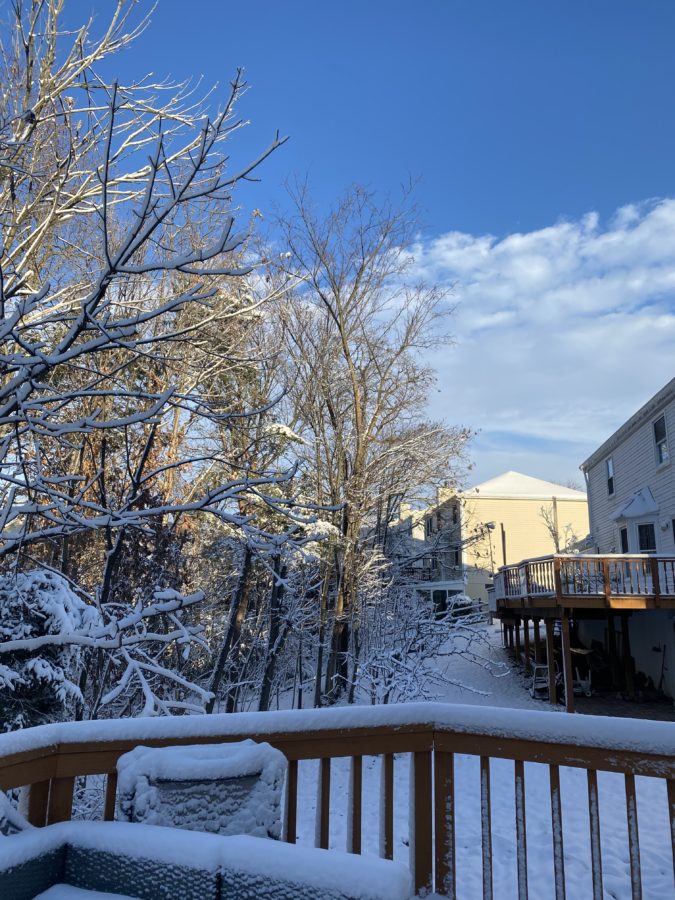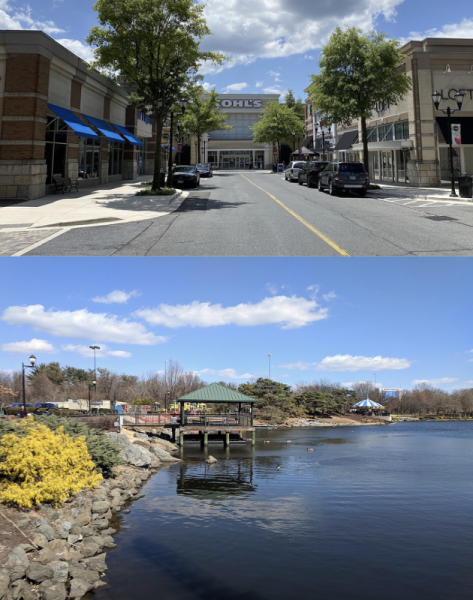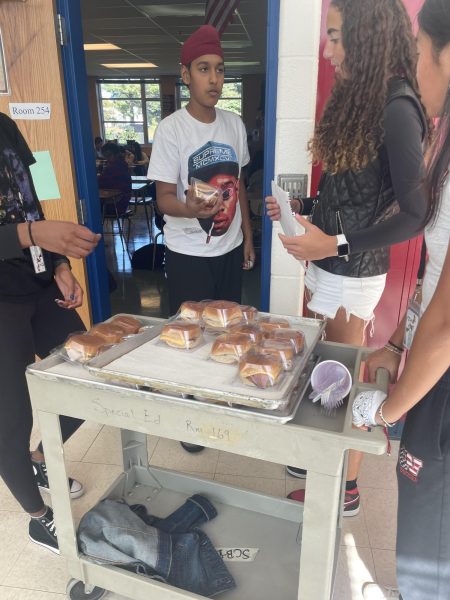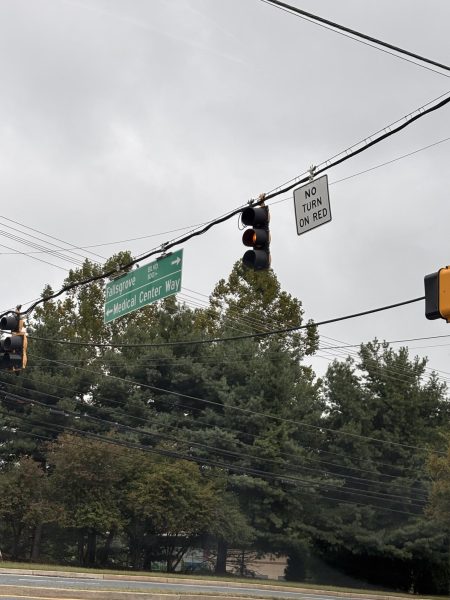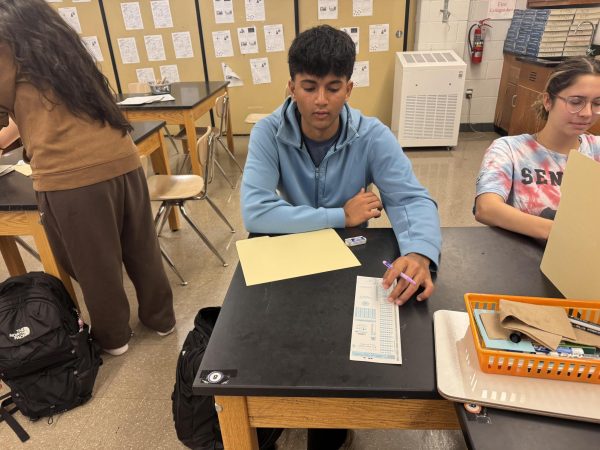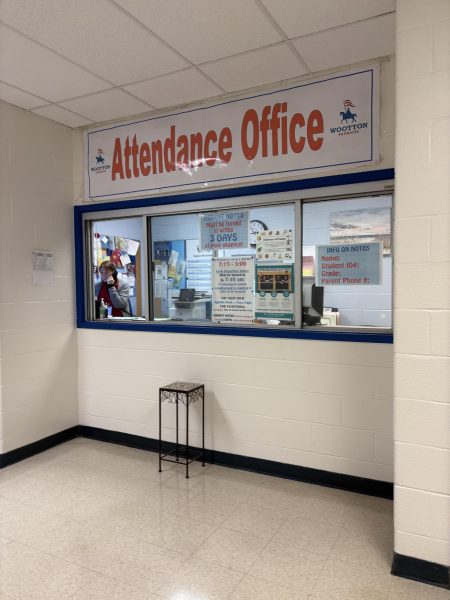Virtual learning challenges on snow days
A new inclement weather policy has been enacted, requiring students to participate in virtual learning when school is closed due to bad weather. On the surface, this may seem like a good idea, but students and faculty may question whether this will be a productive learning environment.
In January 2022 Montgomery County Public Schools announced a fifth snow/inclement weather day, where schools would be closed. This put the school system in the unique position of having to make up three school days, or request a waiver of the requirement for a certain number of school days per year.
One of the primary goals of MCPS is to disrupt students’ learning as little as possible. With this in mind, the snow day virtual learning policy was created to establish different levels of virtual learning if the school is closed. If schools are closed because of bad weather that was predicated ahead of time, code purple will take effect, requiring virtual learning participation. The virtual learning process would align with the two-hour delay schedule. More information can be found at https://www.montgomeryschoolsmd.org/.
This new policy has left students displeased. “It will be a nightmare,” junior Allison Goldring said. “Nobody will accomplish anything, and it will prevent us from actually studying and being productive during a day at home.”
Another concern with virtual learning during inclement weather is the lack of preparation prior to an emergency snow day. Junior Catherine Clark said, “Wouldn’t it be better to just have the assignments and the students work on the assignments [rather] than be virtually glued to a screen,” junior Catherine Clark said.
Experimenting with a new policy without more research and preparation risks the individual student learning experience. Learning disruptions occur online because of audio, video, or connection issues. The challenge of virtual learning on a snow day is centered around technical problems, which creates inefficient use of time. Additionally, training and preparation on behalf of the school and the teachers combined with the technical problems could easily result in ineffective student learning time.
The additional student screen time could result in depression or anxiety. Virtual learning during a snow day requires a strong internet connection, which may leave students at a disadvantage. This problem could lead to feelings of isolation and anxiety for students.
The overall challenges to virtual learning on a snow day should be considered as well as the ability of students to participate in a meaningful way. There are challenges that could impact virtual learning at home on a snow day. There is no guarantee that power and electricity will allow for a connection, which would further disrupt the learning process.
A possible alternative is for the school to “post information online and the student will access the information and complete their assignments,” sophomore Brenden Famulare said. This idea would result in reduced screen time and more time for the student to complete their work and enjoy their snow day.
Consideration should also be given to the teachers who will likely be at home with their families which could cause stress, anxiety, and make the lesson plan confusing. Students may feel the system is unfair because they don’t get to enjoy a stay at home day, or be able to catch up and get ahead on school assignments.
Your donation will support the student journalists of Thomas S. Wootton High School. Your contribution will allow us to purchase equipment and cover our annual website hosting costs.
Sydney Chaikin is a 2025 graduate.


